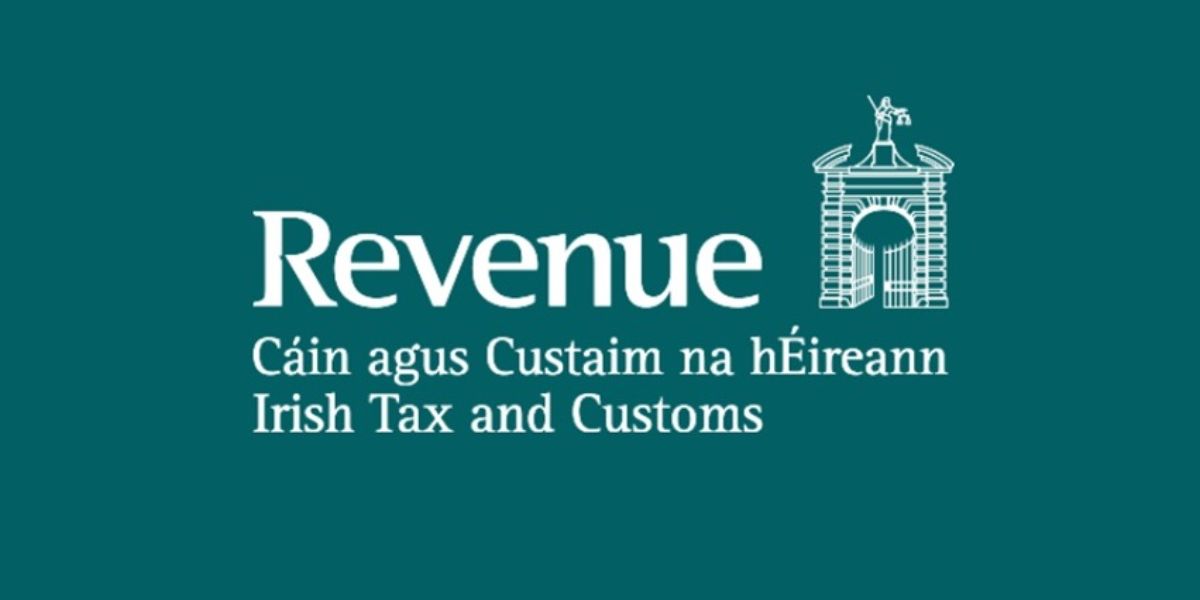On 22 October 2020, the Finance Minister, Paschal Donohoe TD, published Finance Bill 2020 following Cabinet approval at the Government meeting. The Bill underpins the Government’s support for the economy in the face of Covid-19 pandemic and the ongoing threat of a no-deal Brexit. The Finance Bill 2020 provisions primarily take effect from 1 January 2021, though certain measures took effect from 14 October, the day after the government held its budget, when the specific measures were announced. The Bill proposed amendments to the pre-existing transfer pricing (TP) legislation based on stakeholder feedback, such that the amended legislation ensures the original intent of the transfer pricing exemption is reflected in the legislation effective from 1 January 2021.
The Irish government has not yet introduced a general interest limitation rule as mandated by ATAD. But in the budget announcement, the government has a plan they will consult with stakeholders in 2021 with the intent to enact ATAD-compliant interest limitation rules in Finance Bill 2021, taking effect from 1 January 2022. The rule limits current period tax deductions for related party interest up to 30% of taxable EBITDA.
One of the key measures announced on Budget day was the Covid Restrictions Support Scheme (CRSS), which is designed to assist those businesses whose trade has been significantly impacted or temporarily closed as a result of the restrictions as set out in the Government’s ‘Living with Covid-19’ Plan. The details of this scheme are set out in the Bill.
The Bill will also provide for the temporarily reduced VAT rate announced for the hospitality and tourism sector from 13.5% to 9% with effect from 1 November 2020. This will apply to catering and restaurant services, tourist accommodation, cinemas, theatres, museums, historic houses, open farms, amusement parks, certain printed matter and hairdressing.














